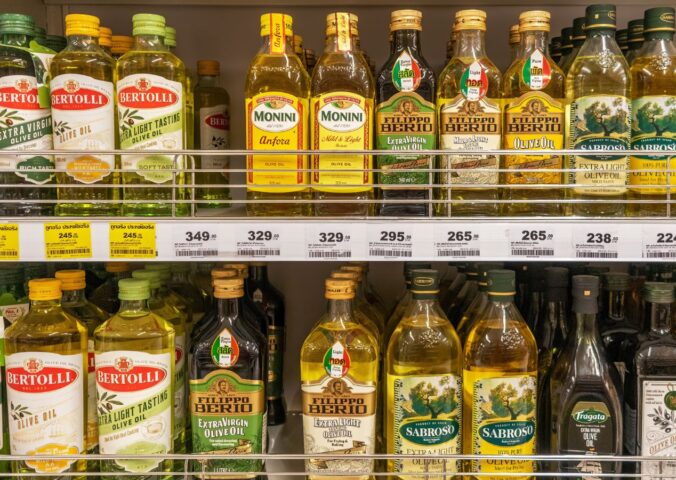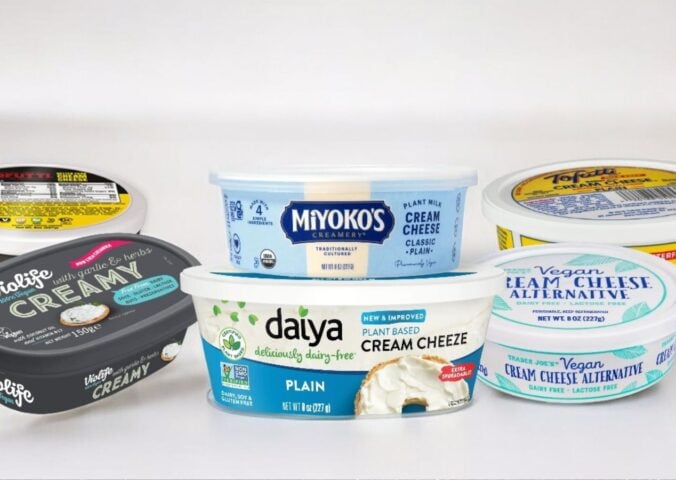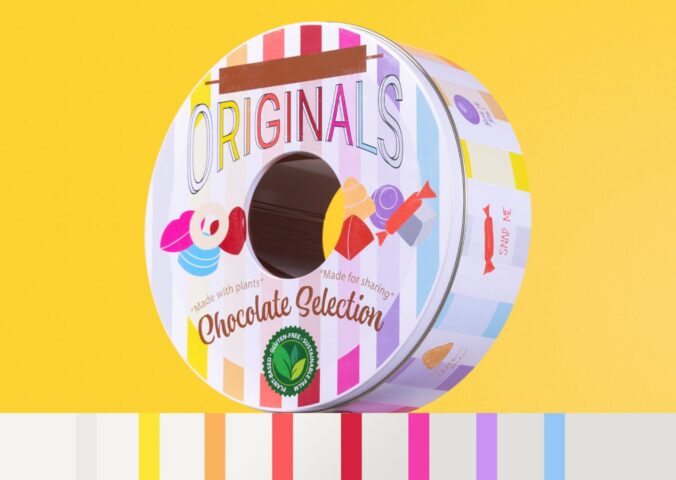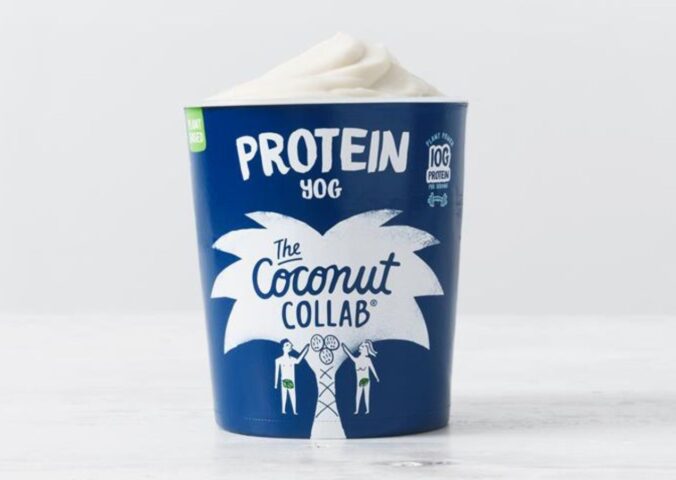A number of recent articles have claimed that whole milk is gaining popularity in the UK again, thanks to Gen Z coming round to its “health benefits.”
Read more: Video Claiming Raw Milk Heals Lactose Intolerance Flagged As ‘False Information’
Sales of whole milk (milk that still contains all its fat) reportedly grew by two percent in the three months preceding February 2024, compared with the same months the year before. The under 35s are said to be fueling this demand.
Full fat milk has traditionally been the least popular choice among the dairy drinking public. Skimmed and semi-skimmed are generally seen as healthier options due to their relatively lower fat content.
Now, however, the younger generation is apparently being tempted by the nutritional profile of the whole variety. According to one report, whole milk is seeing a “renaissance.” The idea that full fat milk is healthy has come in part from social media. One broadsheet newspaper quoted a TikTok user who claimed: “In the 80s, everyone was afraid of low-fat – but if you’re buying fat-free milk you are doing yourself an injustice, because if it’s good quality dairy what lives in the fat? Omega-3 fatty acids.” The TikTok user specified that milk from grass-fed cows contains the right nutrients.
Is whole milk really healthy?
While it’s true that grass-fed milk does contain omega-3 fatty acids, that doesn’t mean whole milk is a healthy drink.
“Consuming fats, especially saturated fats like those found in cow’s milk, increases the risk of death, particularly from cardiovascular diseases, the number one cause of death worldwide,” Amy Leahy, BHSc Nutritional & Dietetic Medicine, Head Coach at Mastering Diabetes, told Plant Based News. “While milk from grass-fed cows touts omega-3 benefits, the crucial term is ‘grass-fed’ – emphasizing that the source of omega-3 is plant-based. This underscores a fundamental truth: humans can obtain omega-3 from plant sources just as cows do.”
There are many plant-based Omega-3 sources. These include chia, hemp, seaweed, or flaxseeds. It’s also often advised to take an algae supplement. Opting for plant-based sources, according to Leahy, not only reduces disease risk, but also promotes environmental sustainability and the well-being of animals. “It’s a win-win-win scenario for individuals, the planet, and the welfare of cows,” she said.
The problem with milk
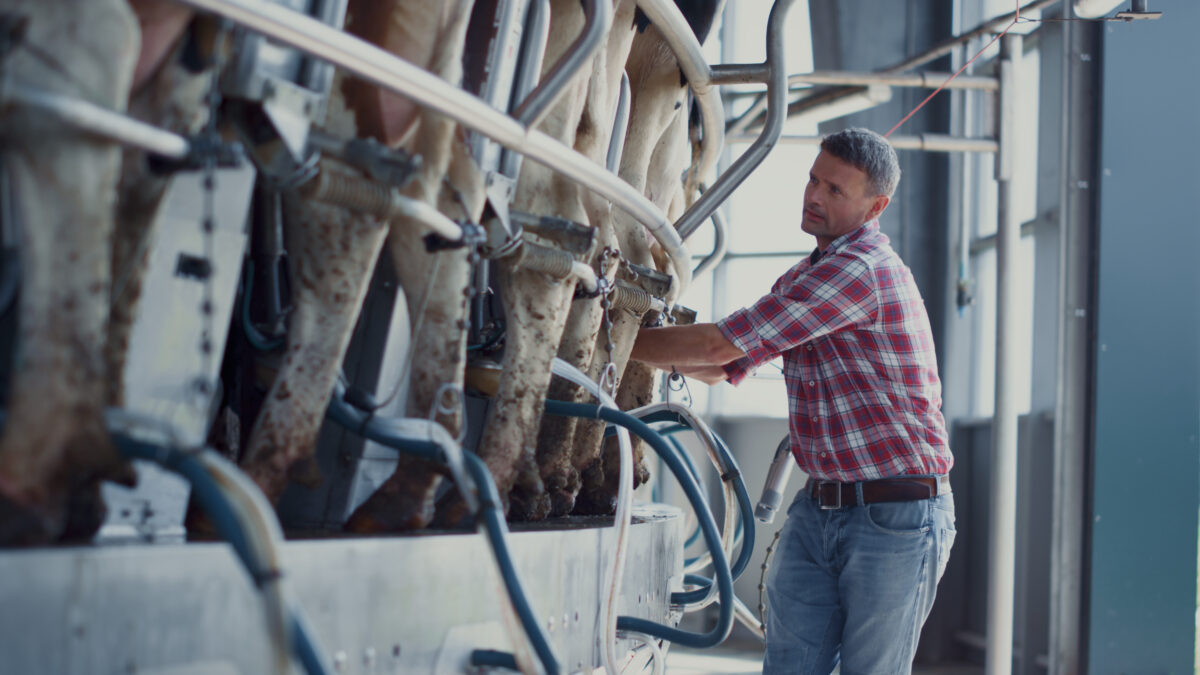
Humans are the only animal that consume the breastmilk of another species. The idea that milk is healthy, let alone necessary, is increasingly being questioned by experts.
Milk has been linked to increased risk of diseases like breast cancer, prostate cancer, Alzheimer’s, type 2 diabetes, as well as heart disease. Dairy is also the top source of saturated fat in the US diet.
Read more: Dairy Is Worse Than Coca-Cola, Says Leading Longevity Expert
The dairy industry is widely regarded as cruel. There are around 270 million dairy cows globally, and each suffers a life of exploitation. In order to produce milk, cows used in the industry must first give birth to a baby. The calf will generally be taken from the mother cow just a few hours after being born. They will generally be shot, raised for dairy, or sold to the veal industry. When a cow’s milk dries up, she will be sent to the slaughterhouse.
Dairy is also unsustainable. It’s responsible for around four percent of greenhouse gas emissions, and uses up far more land and water and causes more pollution than plant-based alternatives.
Are Gen Z really buying whole milk?
While it may be true that a growing number of young people are opting for whole milk, the younger generation are consuming far less fluid milk generally.
Read more: Company Creates First Ever Vegan-Certified Precision Fermentation Dairy
A report published last year found that only eight percent of Gen Z (those born between 1997 and 2012) were buying cow’s milk, compared to 37 percent of baby boomers (those born from 1946 to 1964).
Another study into Gen Z’s dairy habits found that almost half of the generation felt shame about ordering dairy, and more than a quarter felt giving up animal products was the best thing to do for the environment. Younger people are generally moving towards dairy alternatives, notable almond, soy, and oat milks, which are skyrocketing in popularity.



